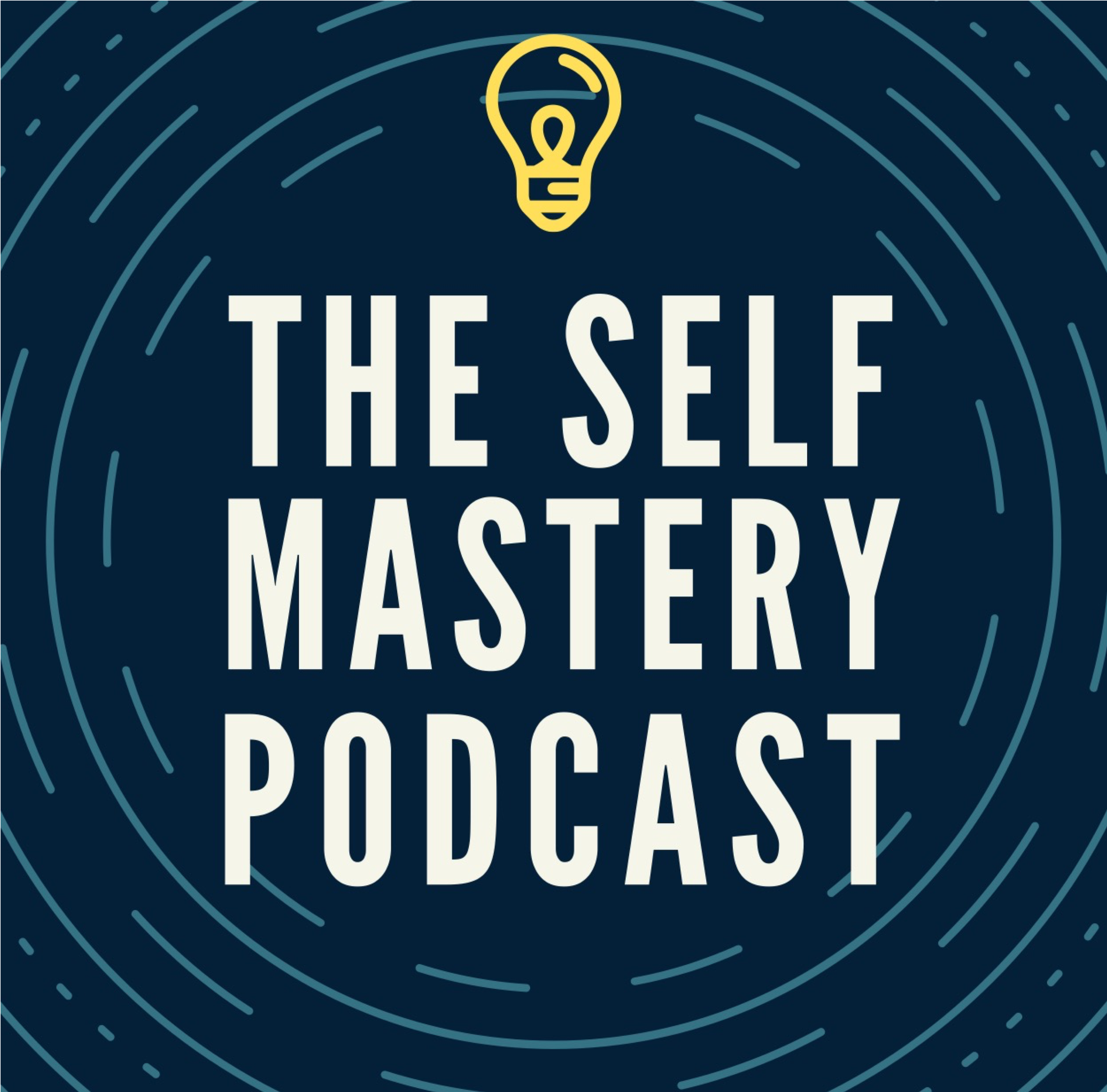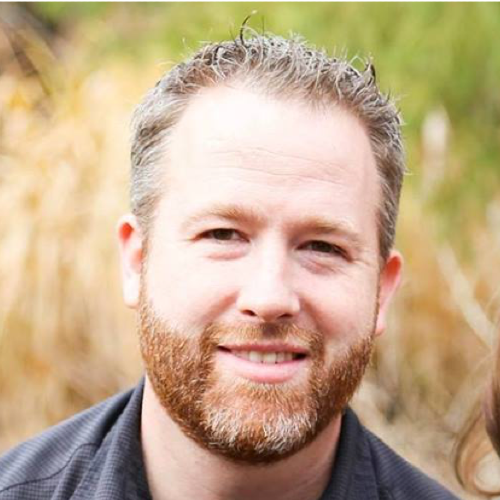Being a Forever Porn Addict Is Exhausting
I was working with a client this week and he said something that really struck me.
He said, the work that we had been doing made him think that he was less depressed, more hopeful, no longer part of the addict class.
This got me thinking.
When I was attending 12 step meetings and saying, “Hi, my name is Zach and I’m a porn addict” the message of being an addict was clear. Once a porn addict, always a porn addict.
I don’t know why this ideology grew up in the 12 step system. No matter why it’s there, being a forever addict seems to be the way that we are encouraged to think about our struggles when it comes to pornography.
It baffles me a little because it would seem to be contrary to everything that the 12 step program would be working toward.
This seemingly contradictory message of being a forever addict while simultaneously participating in a group that has, as its core mission, eliminating an addictive behavior from your life is, I believe one of the reasons 12 step groups fail to succeed and most people fail to actually eliminate their problems within those groups.
Dr. Lance Dodes, author of The Sober Truth, details the evidence in his book, that about 5% of people who participate in 12 step groups are successful at actually eliminating their pornography addiction. That is, by the way, the same percentage that occurs when you just do the work on your own and just decide to quit. People who do it without any program, succeed about 5% of the time. So, in terms of evidence based analysis of successful systems of intervention, 12 step programs are about as likely to help you overcome pornography for good as if you went to no one and did it on your own.
By contrast, Acceptance and Commitment coaching has a 95% success rate at 30 days and 80% at 6 months.
But back to the idea that Once a porn addict, always a porn addict has always been something that I bristled at, even when I was deep in the 12 step ethos.
Why?
I think there are 3 reasons why being a forever addict is not only a bad idea, but it is actually holding you back and keeping you from succeeding at overcoming pornography.
- Being an addict reduces your responsibility over your actions.
When we use addiction language we are often putting off responsibility for our actions to something outside of us.
For instance, the phrase “I slipped this week and looked at porn.” Which is a phrase I’ve said and heard countless times. It sets the locus of control for the actions outside of the person.
It is even self contradictory. The first part, I slipped, conjures up a sense that some unseen force like gravity pulled me in a direction that I did not choose. The same as when we say, I slipped on some Ice or I slipped down the mountain.
Gravity, regardless of your choices is taking you in a direction that you are not choosing to go.
But then we say, I looked at porn, which looking is an action we take.
I often ask people, when you view pornography how does it happen? They tell me things like how they go on their computer or phone, they start with some website or another and after a few minutes they are engaged in viewing pornography.
I have never once, had anyone tell me that someone showed up to their house and chained them to a chair, and made them watch pornography.
We talk like we are out of control, but the reality is that we are making the choices even though we regret them later.
That isn’t to say that there isn’t compulsion or urging in that direction, because, for most people there is. But compulsion isn’t the same as being out of control and unable to choose. It is that there are real, strong, and compelling reasons to view pornography or overeat or whatever you do to avoid your feelings.
I slipped means that you couldn’t choose. If you’ve ever walked down the sidewalk and slipped on ice, you know that in that moment, gravity is in control and has taken away your ability to stay upright.
It seems like a relief to believe this about pornography. It seems like a valuable way to couch the issue because in some sense it alleviates your culpability and distances you from the actions that you take. Which is normal human behavior and can be valuable in certain circumstances. But when it comes to the idea of pornography addiction and placing the control for what is going on with something other than ourselves, that is a losing strategy.
Why is it a losing strategy? Because unless can assert our preference around this behavior we will remain incapable of overcoming pornography.
Addiction language is similar to the language of victimhood. Being a victim when it comes to our own behavior is a really rough place to be.
If you’ve ever tried to potty train a toddler you might have seen this. As they start to get good at going potty on the toilet their confidence rises and they become a new person. But if they poop themselves or pee themselves, sometimes they look to blame it on others or forces outside themselves and there is no real teaching them anything at that point. When it isn’t their fault or on them that they are pooping themselves, then it becomes impossible to help them solve for how to go to the bathroom on the toilet. Because they don’t believe they are in control, they can’t see how to take responsibility for their actions.
It’s miserable to be around and it's miserable to try and get them to fix it.
A lot of spouses and support people feel like this. Because, when it isn’t someone's responsibility and they are, in essence, a victim, it’s really hard to try and help them because they can’t be introspective enough to see what’s actually going on.
Teens are a lot like this, they often blame the consequences of their choices on others. We have a son who, thankfully he’s grown out of this for the most part now, but we would say to him, you aren’t allowed to go hang out this weekend because you haven’t done your chores or your schoolwork. His would argue, no, you’re just not letting me go, so you’re the reason that I can’t go.
He was really keen to make it our fault that he wasn’t allowed to go out.
That is the same way we act and believe when we talk about being a pornography addict. “I can’t stop looking at porn because I’m an addict.” is the same as “I can’t go out because you won’t let me.”
The underlying lack of responsibility impacts our capacity to deal with the issues in a direct fashion.
As a result, we make little to no progress and stagnate into a pool of misery.
Speaking of misery, the next thing that being a forever pornography addict creates is a need for never-ending vigilance.
- Being a forever addict means that you will need constant vigilance
Most people don’t have the attention span for constant vigilance. I suspect that those who succeed with the 12 step programs and those who do it on their own are people who are capable of constant vigilance or the ability to fight a long term war with their behavior.
I on the other hand, am not the kind of person who has a constant vigilance type of personality. I’m distractable, curious about new things, and interested in change. I can’t stay the same and, I suspect, neither can you.
That need for constant vigilance is pretty demoralizing. I’ve seen speakers talk about how they still go to meetings 15 years later and that is what is keeping them sober.
I went to meetings for years without improvement and to think that I would need to dedicate an hour of my life each week for the rest of my life to going to a meeting, which means that it’s more like two hours with the commute and maybe 2 and a half with chatting and mingling afterward is too much for me.
I can’t even play a full 18 holes of golf without thinking, are we still doing this?
Being constantly vigilant is a willpower-based solution. If you were a soldier on the wall of life and you had to constantly lookout for danger in an active and consistent way, you’d probably tire of it pretty quick.
Then when the problem comes back, what do we do, we beat ourselves up and say, “I should have…” Paid more attention, worked harder, stuck to my routine, and on and on punching ourselves in the face because we aren’t strong enough to do it forever.
What a miserable message.
- It negates personal capacity for growth and change
Lastly, the idea that if we are a pornography addict, we will always be a pornography addict, runs counter to my personal belief and, I think, the theology of the Gospel of Jesus Christ.
Repentance and the Atonement are a package system that has as its foundational and underlying premis that we can change. That growth is possible and even essential to our eternal progression.
I have spoken at length about the atonement, in fact, last easter’s podcast, episode 82 which I will link in the show notes, covers this quite nicely.
https://player.captivate.fm/episode/1020bc29-1296-4c23-a1b9-832afed5bd81
What I would like to highlight about the atonement is, that it provides a path and a platform through repentance to allow us the freedom to look forward without making our past our constant and oppressive present.
Imagine if you were the same person that you were 10 years ago. If every aspect of your reality looked the same as it did then. All the things you’ve learned, all the growth you’ve experienced, all the wisdom you’ve gained are in your head, but you have to be the same as you were back then.
That is what it is like without the atonement. That is what it is like without repentance. That is what it means to be a forever addict.
You aren’t allowed to be different.
That is not my idea of a way to overcome pornography or any other unwanted or unwelcome personal behavior.
I used to pray constantly that God would take this from me. That He would resolve this so I could be different and not have it as a stumbling block in my life.
When I believed that was the way to get what I wanted, for pornography to be out of my life, I was unable to grow.
When I stopped asking God to take away this problem and started seeking His help in learning from it, understanding why I was choosing it, and letting myself believe that it was my responsibility to resolve and He would atone for the mistakes I was making on my journey, then I was able to become successful.
Only then, could I overcome pornography forever. Only then, could I put pornography behind me.
The idea that we are pornography addicts is pervasive within our culture as Latter-day Saints, Christians, and Americans.
But it is a misplaced, misguided proposition that keeps us from recognizing the truth of who we are and how much more capacity we have.
Putting these ideas behind us will open a world of possibility to us.




